1.6K Views
Ways to Reduce Energy Costs This Winter

by
Stephanie @ Garden Therapy
(IC: blogger)
My new(ish) house is 100 years old and I was shocked at my energy bills in the first winter. Now I take steps to save energy so that my money doesn't just burn up in the cold winter air. It's time!
First, I made these argyle door socks to keep out drafts from the windows and doors. To make your own check out the DIY instructions here: http://gardentherapy.ca/draft-stoppers-how-to-make-diy-door-socks/.
Here are 14 more ideas on how to reduce energy costs this winter:
1. Replace your furnace or boiler with a high efficiency one.
2. Turn down your themostat. This seems like the obvious way to reduce your heating costs. But it probably won’t save you as much as you think. According the American Council for an Energy-Efficient Economy, you will save about 3% for every degree you lower the setting.
3. Check your furnace filter often. A dirty filter makes your furnace’s fan work harder, and might even prevent your furnace from being able to transfer heat to the air in your ducts.
4. Seal leaks around doors, vents, and windows. Caulking and weatherstripping tape can be bought inexpensively.
5. Lower the temperature setting on your water heater. But be careful: lowering the temperature below 60C/140F may allow harmful bacteria to multiply, and will also make less hot water available.
6. Do not run exhaust fans for too long. Some exhaust fans can remove all of the heat from a home in a few hours!
7. If you have a ceiling fan, set the speed to “slow” and the direction to “down”. By setting it to blow the air downwards at a slow rate, it will move the hot air from where it collects near the ceiling down to the lower part of the room where the occupants are usually sitting down.
8. Use personal heaters. You can place electric heaters in the most frequently occupied rooms, and use your furnace to keep the rest of your house at a lower temperature.
9. Get a programmable thermostat.
10. Add insulation to your attic.
11. Apply heat-reflecting film to your windows.
12. Open the oven after cooking. Leaving the oven open a crack after cooking will let the hot air escape into the home, rather than up the chimney.
13. Close vents in rooms that are not used regularly.
14. Close blinds and curtains at night. This will prevent heat from escaping out the windows.
First, I made these argyle door socks to keep out drafts from the windows and doors. To make your own check out the DIY instructions here: http://gardentherapy.ca/draft-stoppers-how-to-make-diy-door-socks/.
Here are 14 more ideas on how to reduce energy costs this winter:
1. Replace your furnace or boiler with a high efficiency one.
2. Turn down your themostat. This seems like the obvious way to reduce your heating costs. But it probably won’t save you as much as you think. According the American Council for an Energy-Efficient Economy, you will save about 3% for every degree you lower the setting.
3. Check your furnace filter often. A dirty filter makes your furnace’s fan work harder, and might even prevent your furnace from being able to transfer heat to the air in your ducts.
4. Seal leaks around doors, vents, and windows. Caulking and weatherstripping tape can be bought inexpensively.
5. Lower the temperature setting on your water heater. But be careful: lowering the temperature below 60C/140F may allow harmful bacteria to multiply, and will also make less hot water available.
6. Do not run exhaust fans for too long. Some exhaust fans can remove all of the heat from a home in a few hours!
7. If you have a ceiling fan, set the speed to “slow” and the direction to “down”. By setting it to blow the air downwards at a slow rate, it will move the hot air from where it collects near the ceiling down to the lower part of the room where the occupants are usually sitting down.
8. Use personal heaters. You can place electric heaters in the most frequently occupied rooms, and use your furnace to keep the rest of your house at a lower temperature.
9. Get a programmable thermostat.
10. Add insulation to your attic.
11. Apply heat-reflecting film to your windows.
12. Open the oven after cooking. Leaving the oven open a crack after cooking will let the hot air escape into the home, rather than up the chimney.
13. Close vents in rooms that are not used regularly.
14. Close blinds and curtains at night. This will prevent heat from escaping out the windows.
Enjoyed the project?

Want more details about this and other DIY projects? Check out my blog post!
Published January 11th, 2014 11:08 PM
Comments
Join the conversation
1 comment

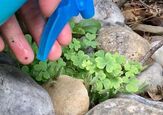

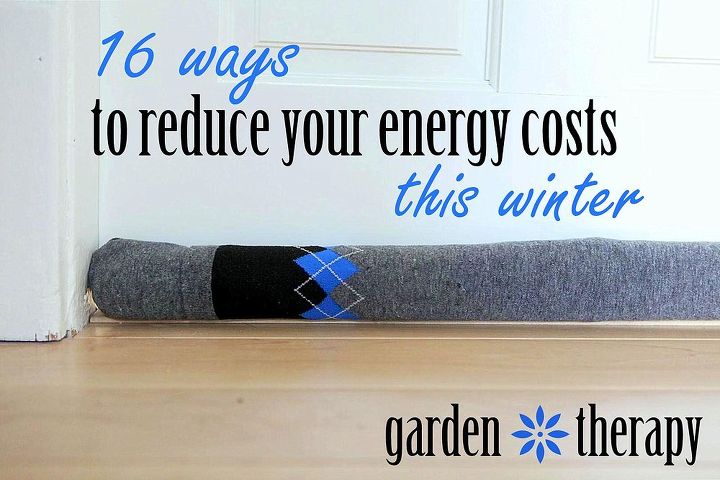
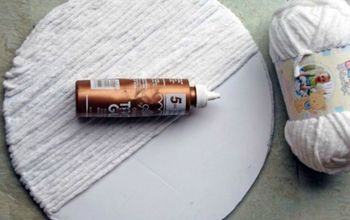
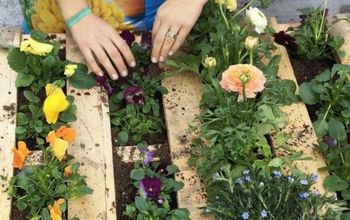
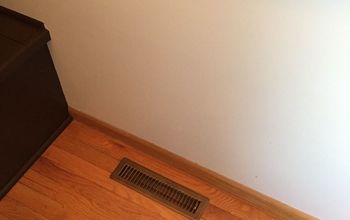
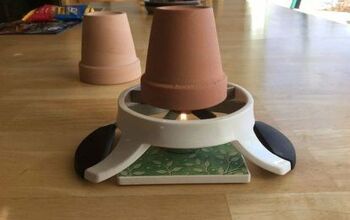
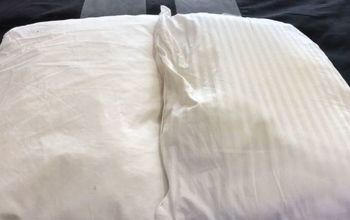

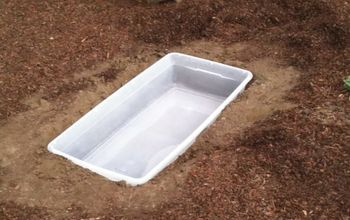
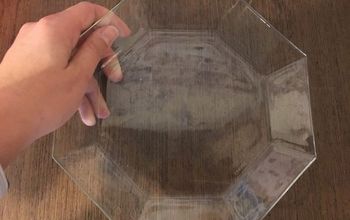

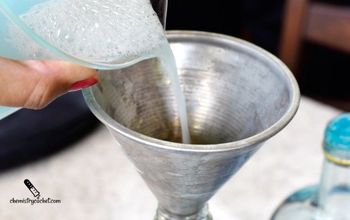
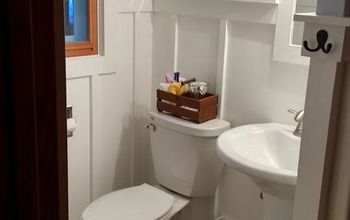
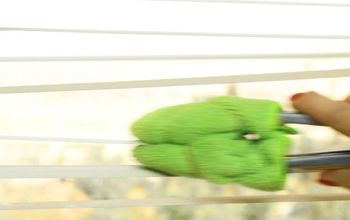

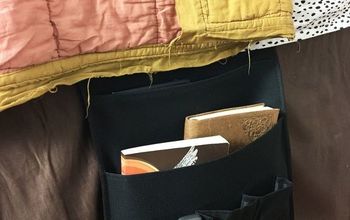
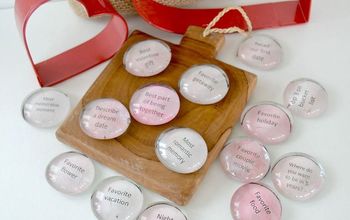
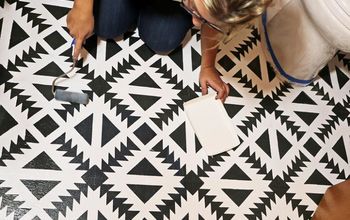

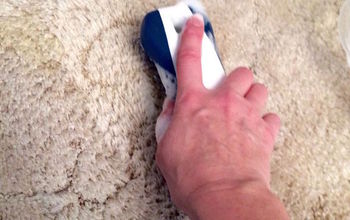
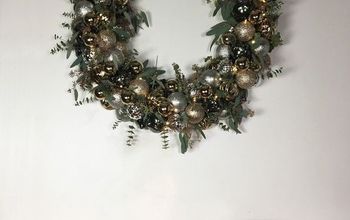
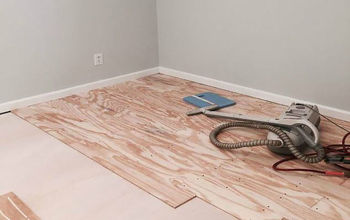
Frequently asked questions
Have a question about this project?